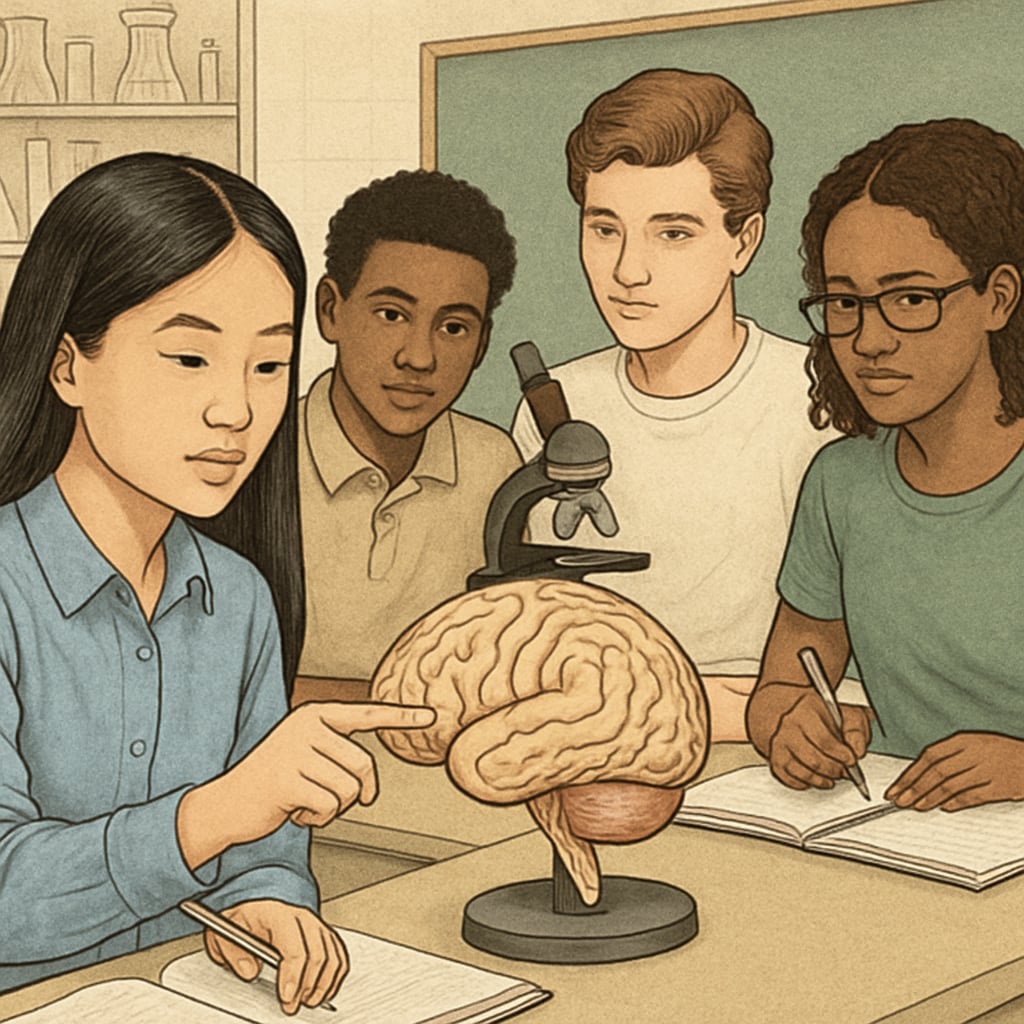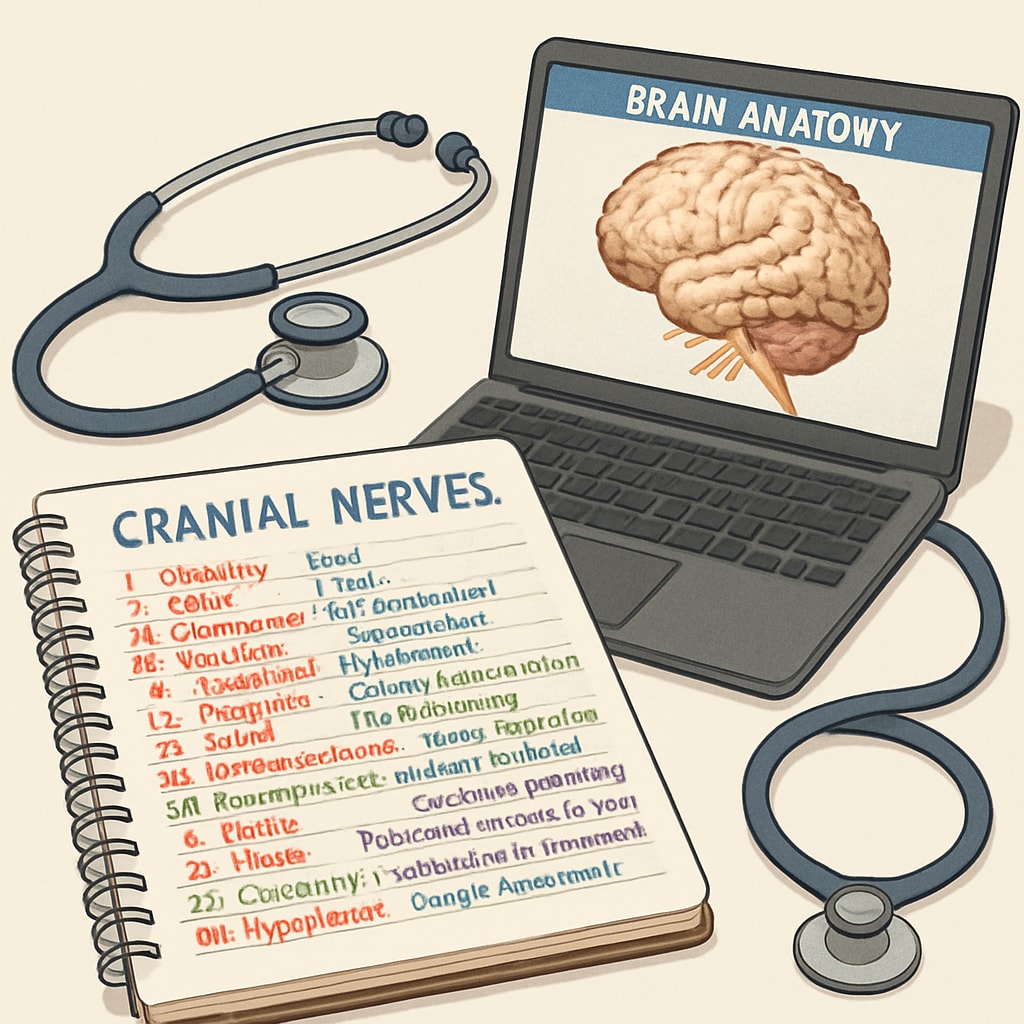For students with outstanding academic performance, learning enhancement is the next step toward a career as a neurosurgeon. This guide combines cognitive science and medical preparation to help 9th graders build mastery-level skills.

Building a Neurosurgery-Ready Mindset
Transitioning from high grades to genuine expertise requires deliberate practice. According to Wikipedia’s deliberate practice theory, exceptional performance stems from targeted skill development. For aspiring neurosurgeons, this means:
- Mastering foundational sciences (biology, chemistry, physics) with clinical applications
- Developing spatial reasoning through 3D anatomy studies
- Cultivating precision with micro-scale activities (e.g., suturing practice)
Optimizing Cognitive Performance
The Britannica neuroscience entry confirms that adolescent brains are primed for skill acquisition. Enhance your learning capacity with:
- Spaced repetition for long-term retention (use apps like Anki for medical terminology)
- Interleaved study sessions mixing STEM subjects
- Dual coding by combining visual diagrams with verbal explanations

Medical Preparation Before College
Early exposure to medical environments accelerates professional development. Consider:
- Volunteering at hospitals (focus on neurology departments)
- Shadowing neurosurgeons (many offer student observation programs)
- Participating in brain dissection workshops (some universities host these)
Key takeaway: Academic performance is just the starting point. Learning enhancement for neurosurgery requires integrating scientific knowledge, technical skills, and clinical awareness early in your education.


